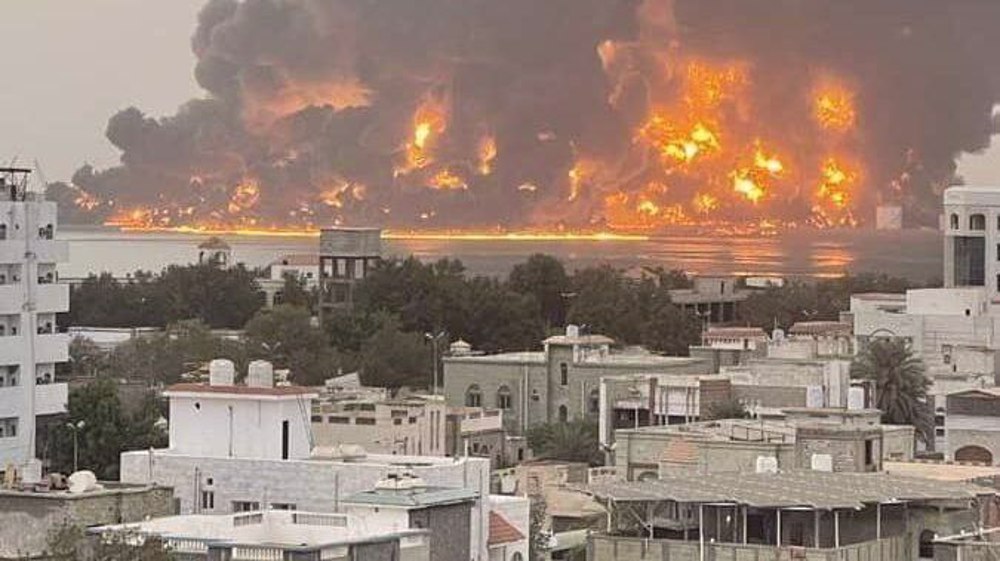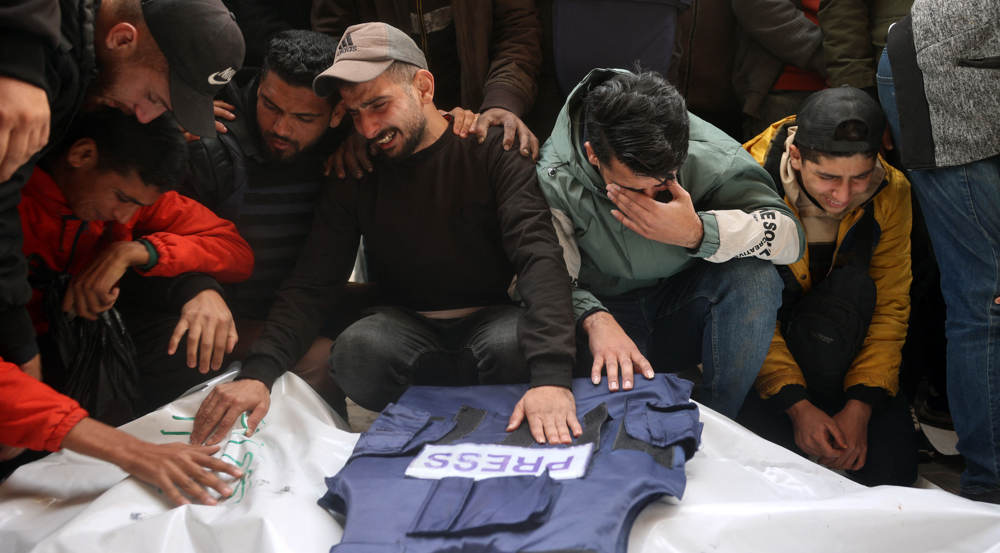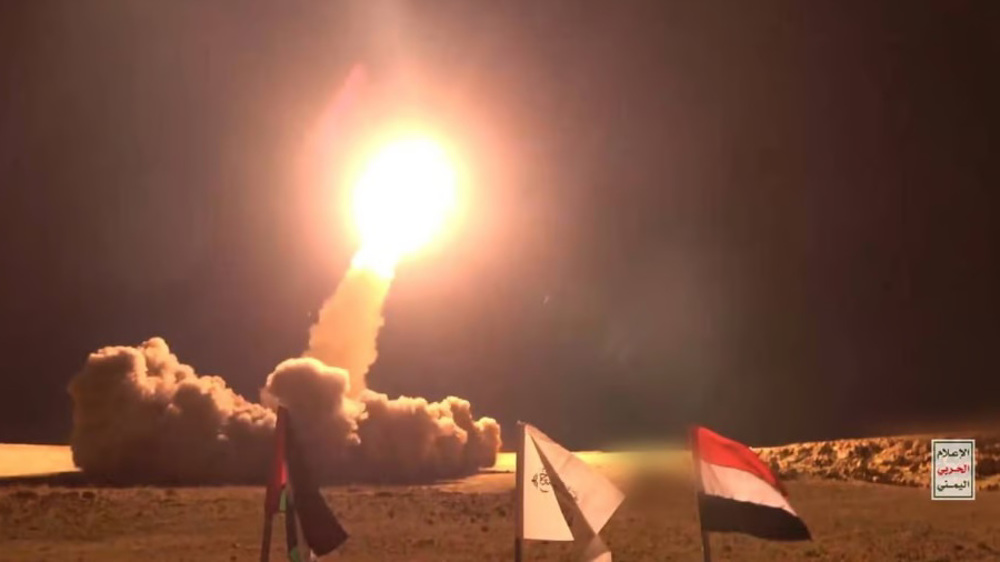Iraqi president in Iran with 'clear message' amid US sanctions
Iraqi President Barham Salih says he has come to Iran with “a clear message” to further boost bilateral ties, days after Baghdad rejected a US deadline to stop importing Iranian gas under new American sanctions.
Salih arrived in Tehran Saturday at the head of a delegation, receiving an official welcome from President Hassan Rouhani who said the two neighbors can raise annual bilateral trade to $20 billion from the current level of $12 billion.
The two-day visit comes at a sensitive time when the US is pressuring regional countries to go along with Washington in “squeezing” Iran under new sanctions unveiled early this month.
But Iraqi officials have protested to the dictate and underlined Iran’s importance, including its place as the top trade partner of the Arab country.
“I have come here today with a clear message from Baghdad: We appreciate the importance of relations with Iran and these economic, cultural and political relations are rooted in history,” Salih said in a joint news conference with Rouhani.
Salih said the Iraqis will never forget Iran's support in fighting terrorists, adding Daesh and other foreign-backed militants would not have been defeated without the assistance of the Iranian people.
"Iran played a big role in defeating terrorists in Iraq with the support which it provided us with," he said.
Baghdad, he said, attaches great significance to the expansion of relations with Tehran, but much work is needed to be done to elevate the level of relations which both the Iraqis and Iranians deserve to enjoy.
Washington, however, is wary of Baghdad's close relations with Tehran. Earlier this month, the US government gave Iraq 45 days to stop purchasing natural gas from Iran.
The Iraqis dismissed the demand, with a government official warning that any halt to the supplies would create a real power crisis in Iraq.
“Stopping Iranian gas after the deadline will create a real power crisis. We need more time … the Americans are completely aware of how desperately we need Iranian gas,” the official was quoted as saying Wednesday.
The port of Basra in southern Iraq was hit by violent protests, which spread to other cities this summer, partly because of a halt of imports of electricity from Iran.
Salih said there is need for a new order based on political congruity and cooperation in the region, under which the independence and sovereignty of nations is respected.
"It is time for a new order to be formed in our region to guarantee the status of the regional nations, and in this regard, we attach great importance to the role of Iran in the new regional system.
"Along with this, Iraq must also play a pivotal role in the new set-up where the regional nations converge on the basis of their commonalities, instead of clashing over their demands," Salih said.

This is Salih’s fourth regional trip and the first one to Iran since taking office on October 2. He has so far visited Kuwait, the United Arab Emirates, and Jordan in his capacity as president.
Tehran and Baghdad have shared a unique alliance since the ouster of the former Iraqi dictator Saddam Hussein in 2003.
Iraq has also extensive trade ties with Iran and heavily depends on Iranian natural gas imports for electricity generation.
Earlier this month, Iraq’s former prime minister and leader of the al-Wataniya faction in parliament Ayad Allawi warned that new US sanctions on Iran would have deep impact on the Iraqi economy.
Iraq's new Prime Minister Adel Abdul-Mahdi also said his country “will not be part of the sanctions regime, as it will not be part of aggression against any country."
On Tuesday, head of Iraqi Chambers of Commerce Jafar Rasul Hamdani said that despite US sanctions against Iran, the two countries have sharply increased their trade exchanges in recent months.
“In the first six months of this year, the volume of exchanges rose from $4 billion to $6.4 billion compared to the same period in 2017,” he told Iran’s state news agency IRNA.
On Saturday, President Rouhani said Iran and Iraq will try to raise annual bilateral trade to $20 billion from the current level of $12 billion.
"Today, the economic relations between the two countries reach about $12 billion (per year) and, through bilateral efforts, we can raise this figure to $20 billion," he said.
Foodstuff, livestock, construction material and plastic products constitute the bulk of Iran’s exports to Iraq. Iranian vehicles and food items are a ubiquitous sight in Iraq.
There are also energy contracts between the two countries contributing to a volume of trade of $12 billion last year.
Iraq exhuming remains of 100 Kurdish women, children killed by Saddam
Panama rejects talks with US over canal control
HTS rulers name al-Qaeda operative as Syria's new spy chief
Iran voices concern about rising insecurity, violence in Syria
VIDEO | Karachi sit-in amplifies nationwide call for justice for Parachinar victims
Iran strongly condemns Israeli bombing of Yemen's civilian infrastructure
VIDEO | Press TV's news headlines
VIDEO | Israel and Iran’s Nuclear Facilities?













 This makes it easy to access the Press TV website
This makes it easy to access the Press TV website